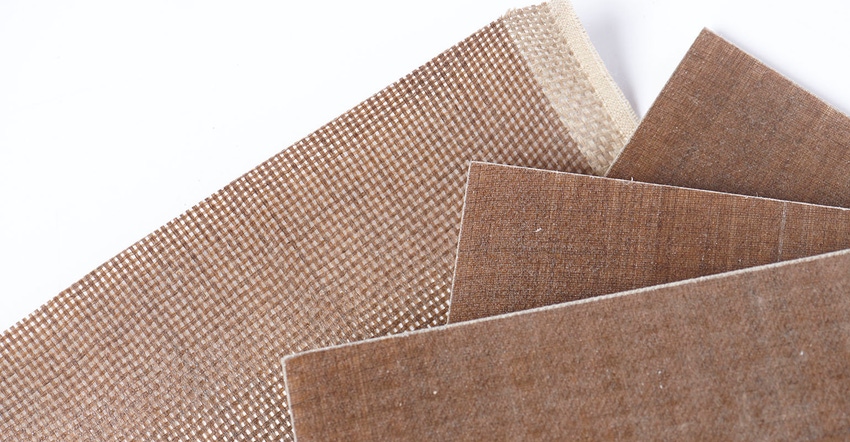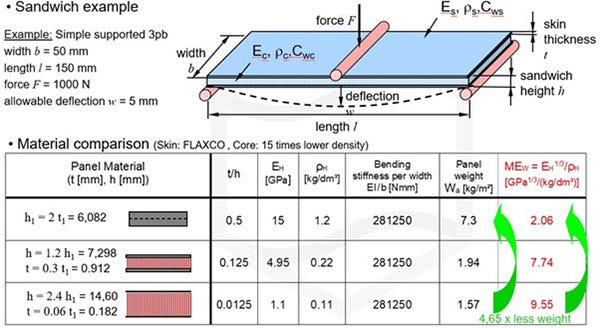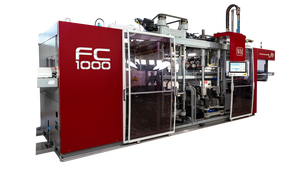EconCore has partnered with Flaxco to develop and manufacture an innovative new thermoplastic honeycomb sandwich panel.
April 4, 2022

Honeycomb technology expert EconCore has partnered with Flaxco to develop and manufacture an innovative new thermoplastic honeycomb sandwich panel.
Founded in the 1850s, Flaxco has 150 years of experience in flax weaving for a range of applications including clothing, upholstery, and decoration. The company has been manufacturing flax fibers for the composites industry for a number of years. Flax fibers typically are found in semi-finished products such as sandwich panels.
EconCore’s polypropylene honeycomb material offers a high-performance-to-weight ratio along with efficient energy absorption. The material’s honeycomb-shaped hollow cells support the “sandwich” sheets, resulting in high rigidity with minimal weight. Through the partnership, the flax fabric composite skins are combined with the polypropylene core to produce sandwich panels.
To achieve high stiffness, the sandwich cores require neatly woven surface layers, which Flaxco has the expertise to produce. The panels are then thermoformed by means of short cycle compression molding.
By optimizing flax technology with the polypropylene honeycomb core, Flaxco is able to achieve high levels of rigidity. The table below describes the bending performance of a sandwich panel with flax composite skins.
|
Bending performance of a sandwich panel with flax composite skins. |
Because of the cost advantage, Flaxco composites are expected to be the material of choice in a number of applications, especially those requiring dimensional stability. The composites also produce fewer CO2 emissions than competing materials, such as glass and carbon fiber, making them an alternative to non-sustainable materials currently in use.
“Flaxco’s natural flax-fiber polypropylene composites are an ideal combination with our polypropylene honeycomb cores to achieve a sustainable material that retains high levels of performance,” said EconCore CEO Dr. Jochen Pflug. “The production costs of thick monolithic laminates are high because many layers need to be combined. Our honeycombs increase the stiffness and strength but require only a minimal amount of material in two thin surface layers.”
The flax composite material is expected to have commercial applications across many industries, especially automotive interiors and computer housings.
You May Also Like



